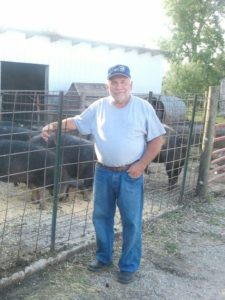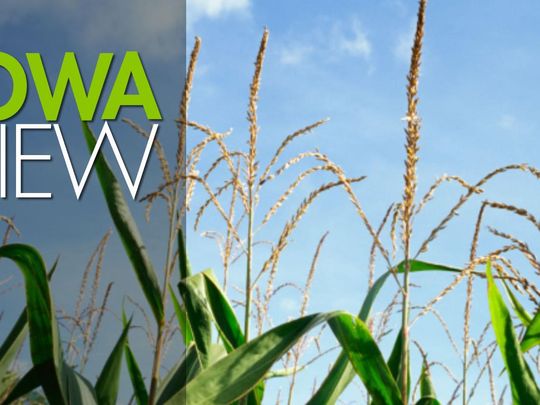Des Moines Register: Congress must reform commodity checkoff programs
I am an American pig farmer. You might also say I’m an endangered species. In the late 1990s, nearly 40,000 hog producers went out of business — a loss that occurred in a two-year period just over one decade after the pork commodity checkoff was implemented.
Commodity checkoff programs were intended to be used for promotion and research of products from all farmers. They were supposed to keep American farmers in business. These programs have consistently failed. According to USDA statistics, we have lost 94 percent of traditional hog farmers in this country. These farmers have been squeezed out by industrial agriculture and by policy — and checkoff programs — that favor factory farms over our nation’s independent food producers.
Research has found that collusive relationships between checkoff boards and lobbying organizations have formed over the decades since commodity programs were put into place, leading to the illegal use of checkoff funds. Hundreds of millions of dollars, which farmers are required by law to pay whenever they sell a unit of production, continue to be improperly spent through the checkoff. It is time to reform these programs and demand transparency and accountability to ensure these programs do as they were intended.
The Senate has announced it will mark up its version of the farm bill in coming weeks. Senators Mike Lee, R-Utah, and Cory Booker, D-NJ, are expected to introduce Opportunities for Fairness in Farming Act to the Senate Farm Bill. The amendment will prohibit funds being used to attack or disparage other agricultural commodities or products, or against animal welfare measures. It will also impose transparency in how the program funds are used.
Checkoff reform affects us all, farmers or not. The rise of industrial-scale agriculture operations not only has taken its toll on family farm operations, but it also has threatened human health, polluted the environment, and degraded the rural communities built by traditional agriculture. Checkoff reform will benefit us all — the family farmers, consumers, the environment, and the animals we raise for food — rather than supporting the multinational corporations polluting our land and depleting natural resources to produce cheap and unhealthy foods.
I, as an independent family farmer, am a rare breed. I serve on the boards of several organizations, including Organization for Competitive Markets, Iowa Farmers Union, and the Iowa Center for Agricultural Health and Safety, among others. More than 80 farm organizations like those I represent stand in favor of checkoff reform in the 2018 Farm Bill. These organizations represent more than 250,000 family farmers and ranchers throughout the nation.
When the Senate begins its markup, it must include the Opportunities for Fairness in Farming in the legislation. It is time our legislators and country stand behind the U.S. farmers and ranchers who spend their lives working to feed the American people. Our nation’s commodity checkoff programs are broken. We demand accountability and transparency in the use of checkoff funds so that family farmers and ranchers can benefit from the programs they are forced to fund.
Chris Petersen has been involved in production agriculture for 40 years in Clear Lake, Iowa. He is vice president of the Iowa Citizen Action Network, a producer board member of the Iowa Center of Agricultural Health and Safety, and a regional representative of Socially Responsible Agriculture Project.

